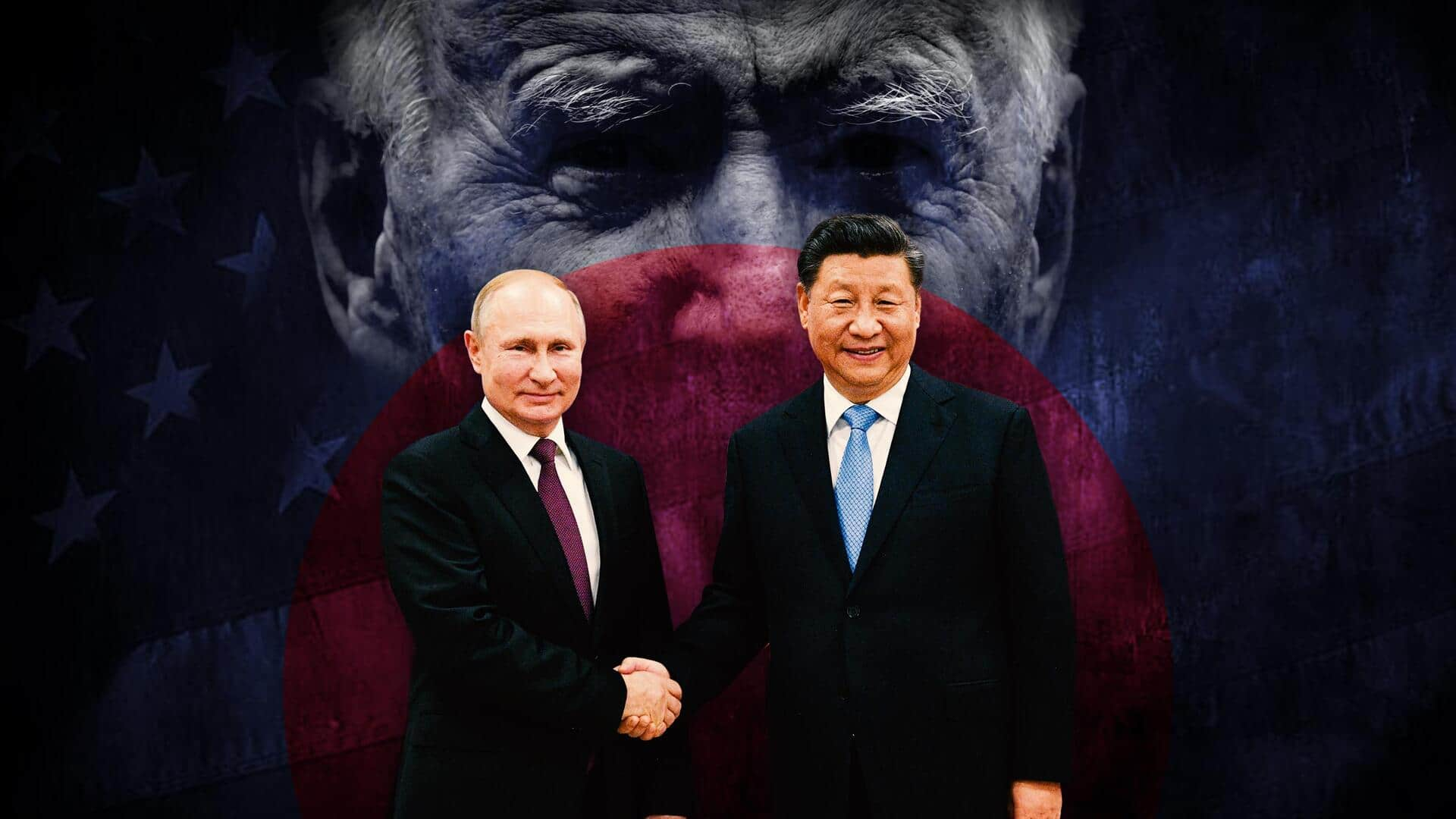
Consensus at G20 Summit unlikely because of China, Russia: US
What's the story
The upcoming G20 Summit in New Delhi may struggle to produce a joint declaration since China and Russia are "less likely" to sign on to it, United States (US) National Security Council Coordinator for Strategic Communications John Kirby said. While he expressed hope that all the other G20 members may sign the "Delhi Declaration," he said the summit may end without reaching a consensus as the ongoing conflict in Ukraine remains a significant point of contention.
Context
Why does this story matter?
The statement came as G20 Sherpas failed to reach a consensus on the outcome document at the meeting held in Haryana's Nuh from Monday to Wednesday. Notably, the heads of China and Russia are not attending the summit scheduled for this weekend. External Affairs Minister S Jaishankar met his Russian counterpart Sergey Lavrov on the sidelines of the East Asia Summit in Indonesia on Wednesday in an attempt to break the impasse over the Delhi Declaration.
Details
Difficult to get 20 clocks to chime at once: Kirby
Kirby said, "Oftentimes the sticking point tends to be the war in Ukraine because countries like Russia and China are less likely to sign on to language that the rest of the international community is more uncomfortable signing on to, so we'll see where it goes." "It's difficult to get 20 clocks to chime at the same time," he added.
What Next?
'G20 not a forum for geopolitical issues'
The US and the West have been pressing other G20 members to include a statement in the Delhi Declaration condemning Russia for its war on Ukraine. Russia and China have opposed it, saying the G20 is a forum to promote economic cooperation rather than discuss geopolitical issues. Recently, the US urged China to play a constructive role at the summit by setting aside geopolitical differences. However, it has maintained its geopolitical position while discussing the Russia-Ukraine crisis at the summit.
Insights
What's the contention regarding the consensus
Two paragraphs on the Russia-Ukraine crisis were included in the Bali Declaration during the previous G20 Summit held in Indonesia last year. Both China and Russia accepted it after opposing it initially. However, since India assumed the G20's rotational presidency, both countries have opposed one of the two paragraphs in the Bali Declaration. Notably, India proposed changes to the paragraph to make it more palatable to China and Russia, but they were refused by the US and Western countries.